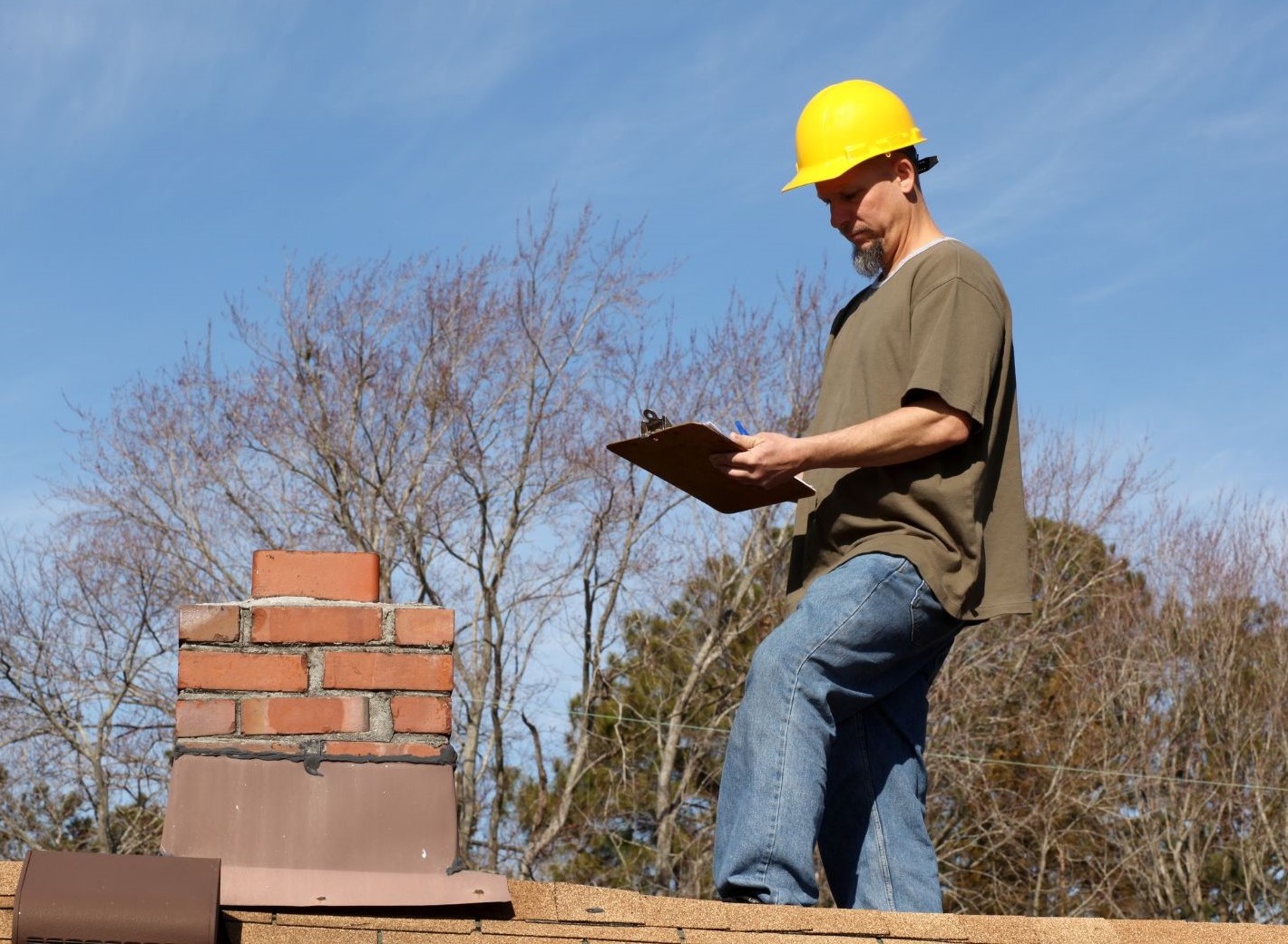What to Expect from a Home Inspection: 15 Common Issues Buyers Shouldn’t Ignore
Buying a home?

A home inspection is more than a formality—it’s one of the smartest moves you can make as a buyer. Think of it like a check-up for your future home: it gives you a clearer picture of the property’s condition, from top to bottom.
A proper home inspection is a functional analysis of the home. It helps buyers understand how to maintain the property and what condition it’s truly in.
And while it can feel stressful to see problems flagged in a home you love, there’s no need to panic—this is totally normal. Most homes, even well-maintained ones, have issues that can be addressed over time. The real benefit of a home inspection is that it puts you in control.
What Is a Home Inspection?
During a typical inspection, a qualified inspector reviews the property—inside and out—including structural elements, mechanical systems, and even the landscaping to make sure water is draining away from the foundation.
You’ll receive a detailed report outlining what’s working, what needs repair, and what might need attention in the future. It also offers rough estimates of repair costs and timelines.
In the Greater Toronto Area, inspections typically cost around $500. It’s a relatively small expense for the peace of mind and negotiating power it provides.
What If the Report Shows Problems?
This is where many buyers get nervous—but here’s what you need to know:
-
Don’t panic. It’s rare for a home to have a “perfect” inspection report. Many findings are minor or cosmetic. Others can be tackled over time.
-
Speak to your Realtor right away. Your agent can help you prioritize issues and speak to the listing agent about solutions. Sometimes sellers will agree to fix things or adjust the price.
-
Weigh your options. If the home is sold "as-is," you’ll need to decide whether you're comfortable moving forward. Are you handy or have help from family? Can you budget for updates over time?
-
Follow up before closing. Walk through the home one last time to ensure it's still in the same condition, with no new issues or missing fixtures.
15 Most Common Home Inspection Issues (and What They Really Mean)
1. HVAC Systems That Need Servicing
Old or neglected heating and cooling systems are a common find. Inspectors will test them, but not disassemble or certify them. Consider budgeting for a professional HVAC evaluation—especially if the system is over 10 years old.
2. Water Intrusion
Signs of water damage include stains, peeling paint, warped floors, and musty smells. Left unchecked, water can lead to mould and foundation problems.
3. Roofing Problems
Inspectors check for missing shingles, sagging, and leaks. In the attic, they look for water stains and insulation issues. A worn roof doesn’t always need replacing, but it’s important to understand what repairs may be needed soon.
4. Electrical Hazards
Outdated panels, aluminum wiring, and DIY electrical work are red flags. Insurance companies may require updates before issuing a policy.
5. Poor Ventilation
A lack of airflow—especially in the attic—can trap moisture and increase energy costs. Ventilation issues are common in older homes and relatively easy to fix.
6. Improper Drainage or Grading
When a yard slopes toward the home, water can collect near the foundation. This leads to structural shifts, basement leaks, or mould. It’s an important issue, but often manageable with regrading or downspout extensions.
7. Plumbing Issues
Minor leaks, clogged drains, or low water pressure may point to bigger plumbing concerns. Your inspector will advise whether you should bring in a licensed plumber for a deeper look.
8. Foundation Cracks or Settlement
Not all cracks are serious—some are just cosmetic. However, wide or uneven cracks, sagging floors, or doors that don’t close properly could point to structural problems that need a specialist’s opinion.
9. Clogged Gutters
It sounds simple, but blocked gutters can cause major water damage. This is an easy DIY fix—and a good reminder to maintain your home regularly.
10. Mould or Mildew
Inspectors rely on smell and visible signs, but mould testing may be needed if there are concerns. Often, fixing leaks or improving ventilation can prevent recurrence.
11. Aging Appliances
Built-in appliances are checked for basic functionality, but the inspector won't do deep diagnostics. Ask for receipts or manuals to assess how much life they might have left.
12. Building Code Violations
Things like missing GFCI outlets, improper window egress, or unpermitted renovations are common. Your Realtor can help determine how these affect resale value or insurance coverage.
13. Asbestos
Homes built before 1981 may contain asbestos in floor tiles, pipe insulation, or siding. It’s usually safe if undisturbed, but testing is recommended before renovations.
14. Inefficient Windows
Old or damaged windows contribute to heat loss, moisture buildup, and drafts. Replacing them improves both comfort and value.
15. Water Heater Wear
Sediment buildup, rust, and age-related wear are common issues. Inspectors can spot surface problems, but deeper issues may need a plumber’s assessment.
Knowledge Is Power
While it can be overwhelming to see a list of repairs, remember: the home inspection is a tool, not a verdict. It gives you a clear picture of the home’s condition and helps you make informed decisions.
Some repairs may be urgent, others cosmetic, and many can be completed over time. With the help of a knowledgeable Realtor, you can decide whether to negotiate repairs, adjust your offer, or walk away.
Have questions about a home inspection report or need guidance through the buying process?
We’re here to help you every step of the way.